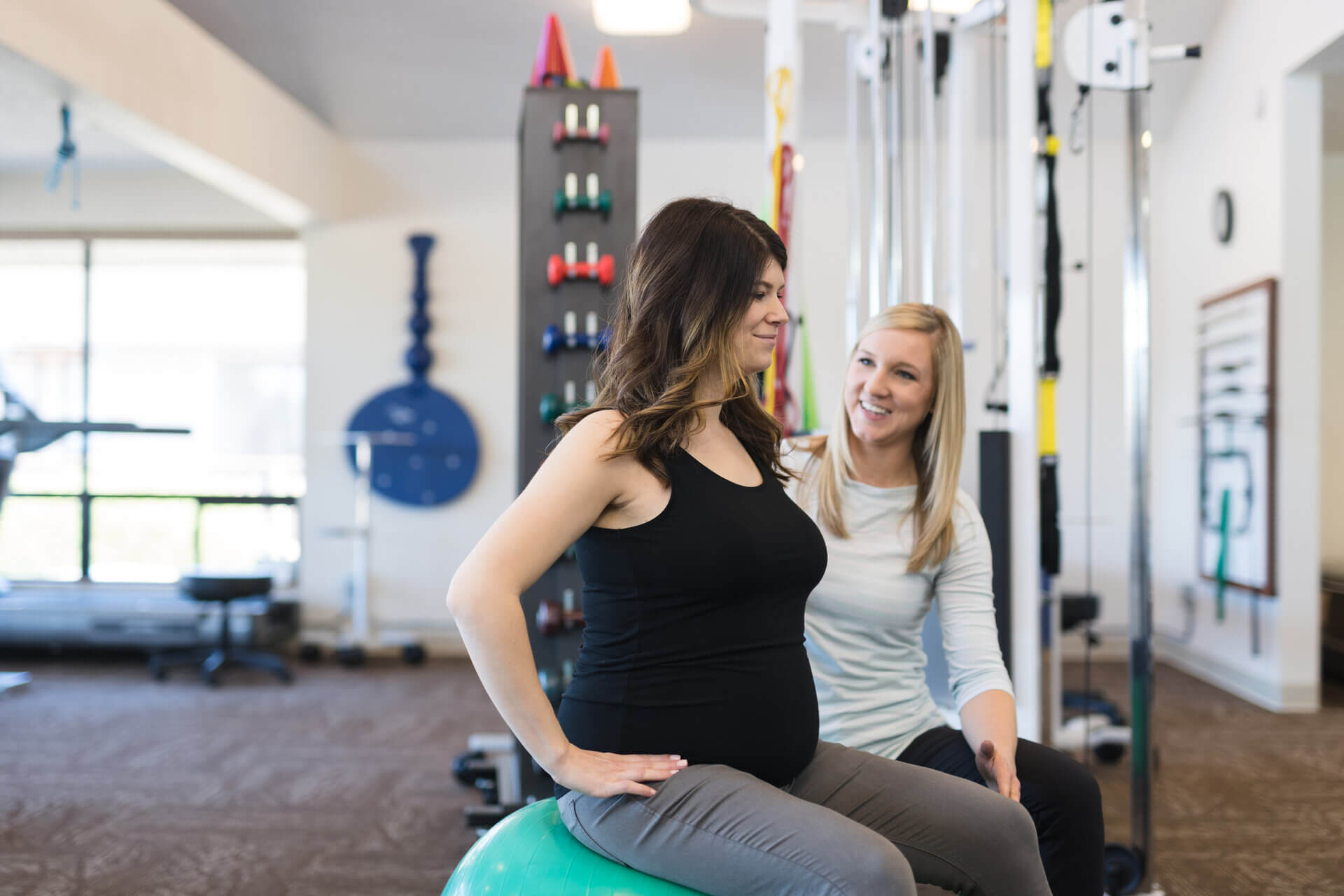By Chelsea Johnston – Lifecare Northern Sports Physiotherapy Clinic, physiotherapist and Pilates instructor.
The human body changes remarkably during pregnancy.
Your heart will grow physically bigger, and your feet can grow up to a full size bigger.
Over 30-40 weeks a majority of the changes you experience will help you grow and nourish a growing baby or babies.
These changes also occur to prepare the body for a safe birth.
Such as:
- Lengthening of abdominal and pelvic floor muscles
- Changes to the shape of the ribcage
- Increased pelvic mobility
- Increased size of the uterus
- Compression of the bladder
- Up to double the blood volume in your circulatory system
The rapid paces of these changes can cause issues to arise.
Many of these concerns or issues can be addressed by a women’s health physiotherapist.
Particularly for those experiencing pregnancy, a focus on your pelvic health can help prevent a range of temporary and chronic issues.
While everyone can experience benefits from treating and improving their pelvic health with a physiotherapist, there are very specific benefits during pregnancy.
These include but are not limited to:
- Improve bladder and bowel continence and prevent leakage
- Ensuring healthy pelvic floor muscle contraction
- Prevent or manage symptoms of prolapse, abdominal separation (diastasis)
- Creating pregnancy-friendly exercise plan
- Assist with preparation and education for natural birth and/or caesarean section
How pelvic health physiotherapy can help during pregnancy
Assessment and treatment of common pregnancy related musculoskeletal conditions
- Pelvic girdle pain, sacroiliac joint pain and/or pubic symphysis pain
- Lower back pain
- Thoracic and rib pain
- Neck pain
- Wrist pain and carpel tunnel syndrome
- Assessment and management of abdominal wall function using real time ultrasound with advice on preventing and managing abdominal wall separation (diastasis)
- Pregnancy exercise classes
Assessment and management of pelvic floor concerns
- Labour preparation: perineal massage, pelvic floor release and how to push in labour
- Incontinence
- Symptoms of increased pelvic floor tone or tightness including painful intercourse (dyspareunia), coccyx/ tail bone pain, constipation, bladder pain
Birth skills
- Teaching perineal massage in preparation for birth
- Breathing and relaxation techniques
- Relaxing any pelvic floor muscle tension
- Labour pain modulation
- Birth positions
Supporting recovery after pregnancy
Your pelvic health specialist can continue to support you and your family as you physically recover from birth in multiple ways including, but not limited to:
- Managing bladder issues, prolapse
- Assist with physical recovery and muscle strengthening
- Returning to intimacy
- Posture and back care
- Managing fatigue
- Handling and massaging your baby
- Returning to movement, exercise, and daily activities
It’s important to consult with a pelvic health physiotherapist who specialises in prenatal care to ensure the exercises and treatments are tailored to your specific needs and pregnancy stage.
You can book in your consultation with one of our pelvic health specialists wherever you are in your pregnancy journey.
Contact your local Lifecare clinic to find a specialist near you.

